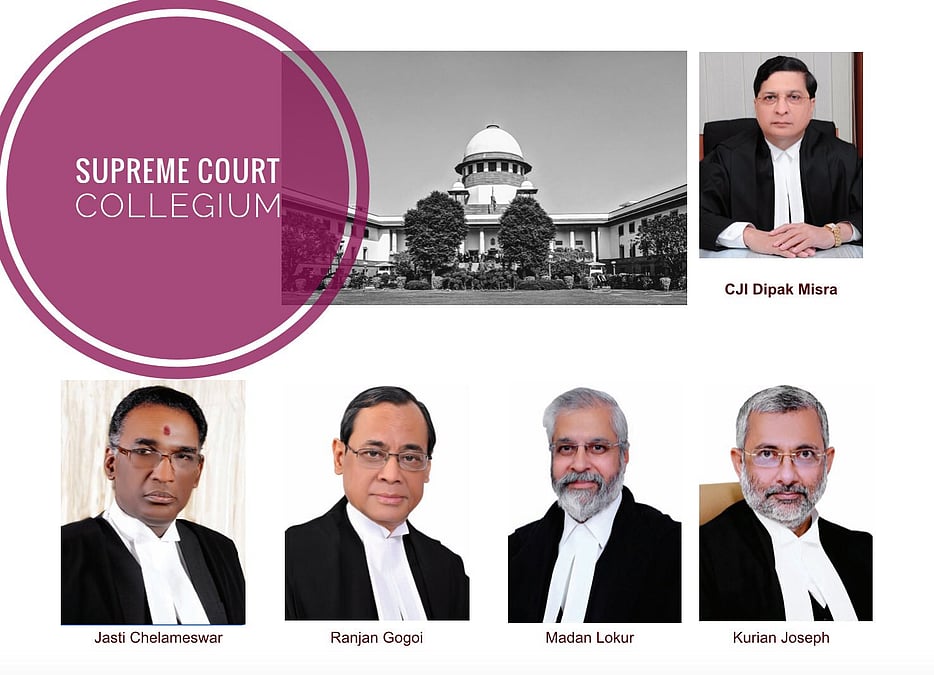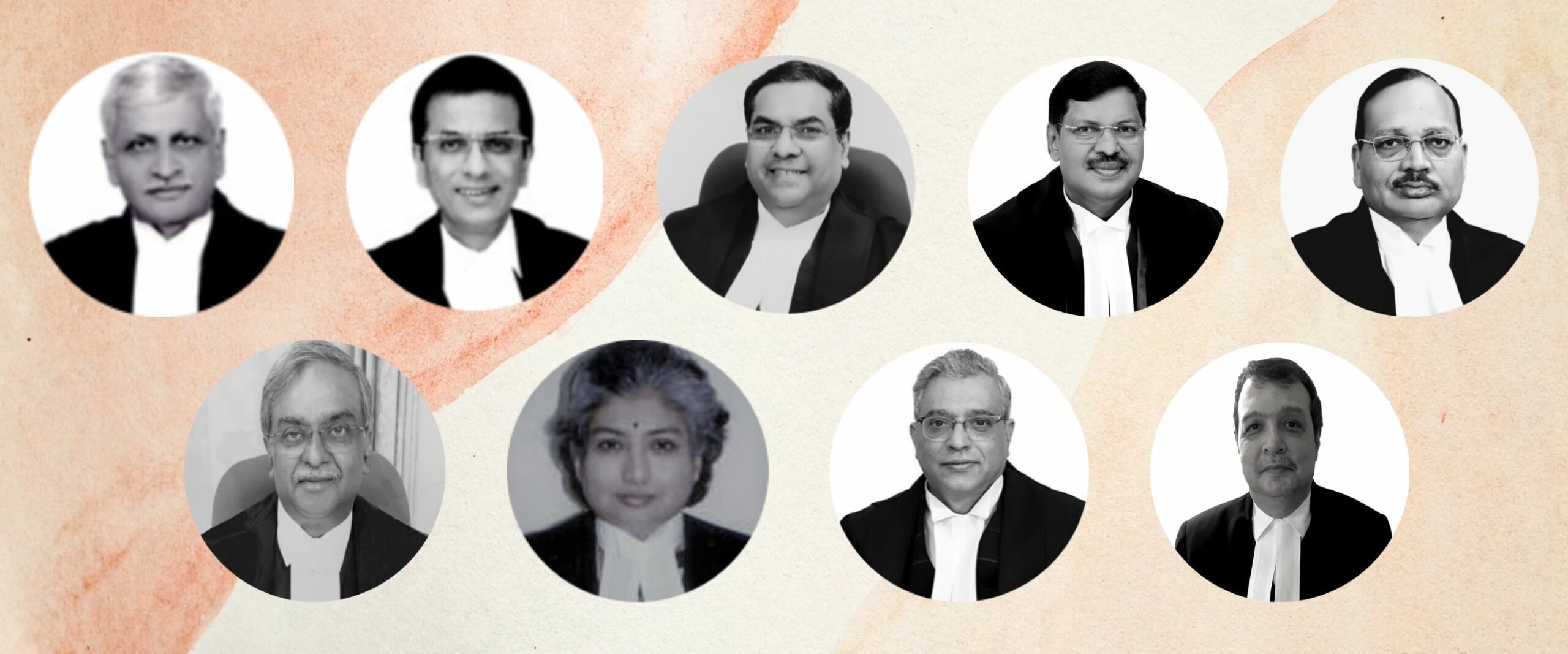Justice UU Lalit, when suggested Justice D Chandrachud as his replacement when the mechanism intended for the collegium of the Supreme Court and described in the 1999 Memorandum of Procedure, was put into motion by the present Chief Justice of India (CJI). Because of this, the institution of the “collegium” system, which controls nominations in the higher judiciary, has once again gained attention.
The term ‘Collegium’ refers to a system for the appointment and transfer of judges within India’s higher courts that was created as a result of Supreme Court (SC) rulings rather than a statute approved by Parliament or a provision in the Constitution.

The collegium has frequently been referred to as an extra-constitutional or unconstitutional group that was established as a result of Supreme Court decisions that virtually seized the authority to choose judges. Although the Indian Constitution gave the President of India final authority, it also required consultation with the Court. These decisions give final authority to the Court’s mandate for government dialogue.
)
The problem is made considerably worse by the fact that nobody is allowed to sit in the collegium. neither a judge, a member of the bar, nor any other executive. In other words, nobody is there to offer suggestions, pose queries, or even just observe what is going on.
The National Judicial Appointments Commission (NJAC), which was founded in 2014 with the unanimity of State legislatures, is made up of three judges, the Law Minister, and two eminent people to carry out the function of selecting judges. The entire national legislative effort to overthrow a constitutional coup failed when the Supreme Court invalidated it by a 4:1 ratio. If the Court had been concerned about being overruled in nominations, it could have simply read down the Act, removed the second eminent person, and achieved a situation where the justices were in the majority.
This would have maintained judicial precedent in addition to providing some executive engagement and having one individual represent a larger public constituency. Due to this, the entire court appointment procedure is now enveloped in secrecy, isolation,

Recently, it appears that the government stopped pursuing the commission for judicial nominations. It’s time to address this problem and create a more efficient, open, and inclusive selection procedure for the High Courts and Supreme Court senior judges.
Recently, it appears that the government stopped pursuing the commission for judicial nominations. It’s time to address this problem and create a more efficient, open, and inclusive selection procedure for the High Courts and Supreme Court senior judges.

At the same time, we should consider why no one has been chosen from the group of prominent attorneys that Article 124 of the Constitution specifies should be appointed. Judges from the High Courts, along with a few appointments from the Bar The majority of judges appointed to the highest court seem to be from the High Courts.
Undoubtedly, the founding fathers should get credit for including a particular clause in the Constitution. We must have produced a sizable number of exceptional attorneys throughout the years who can be named as SC justices.
Vacancies are being filled in a coordinated and continuous manner. It is time to think about establishing a permanent, independent agency to institutionalise the procedure with enough protections to maintain the judiciary’s independence and ensure judicial supremacy, but not judicial exclusivity.
For judges to be appointed and transferred, a new body or process must ensure judicial independence, reflect the diversity, display professional competence, and protect honesty.
Rather than selecting the required number of judges, the collegium must compile a list of probable candidates for the President from a pool of unfilled posts, ranking them according to their preferences and other important considerations.
A National Judicial Oversight Committee (NJOC), which would give the administration greater authority in ensuring efficiency and openness in the judiciary, might be reconsidered by the government in addition to the suggestions already mentioned.

